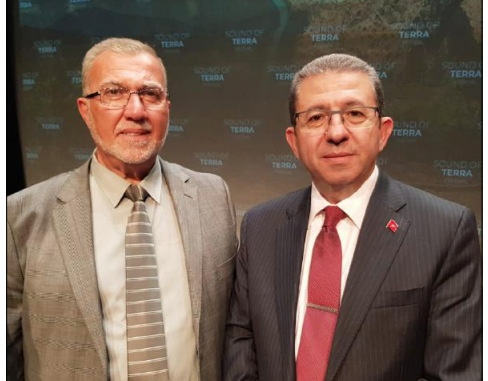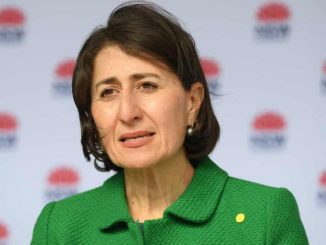
A joint initiative by the Sumer Association for Culture and Arts and the Western Sydney Migrant Resource Centre was held recently at the Casula Powerhouse Arts Centre.
Titled ‘Sound Of Terra’, the multicultural event aimed to utilise music as a medium to showcase collective strength, highlighting how humankind possesses the virtue of resilience in the face of adversity. Sound of Terra also celebrated Australia as a multicultural land that is enriched by the cultures and people who live in it and contacts with places all over the world.
The event was funded by Multicultural NSW responding to the theme of cultural pluralism in Australia. “Music has a unique way of bringing people together, where we can share and connect with one another. This event featured music and food from a selection of multicultural performers. It was for you to enjoy in your own way, as we see how it shapes our lives and further enables both community connection and self-expression.”
Among the distinguished guests, Sound of Terra hosted Deputy Mayor of Liverpool Mazhar Hadid with His Excellency Karim Medrek, Ambassador of Morocco.
The festival featured a mixture of Iraqi heritage hymns, classical music, Spanish and African pieces. Mrs. Wassan Al-Mubaraki spoke about the event program, explaining that the festival’s title bears its identity, as the land is life, and thus music is the sound of the land.
Given that Australia is shaped by cultural diversity, this festival reflected this feature by embracing Iraqi heritage, classical music, Spanish and African performances in a single event.
As part of the event, the Iraqi heritage ensemble “Kennarm” performed for the occasion in addition to the classical Chhatni troupe, and a North African band. The festival was opened by an Aboriginal ceremony, interspersed with a theatrical scene in the Iraqi dialect and concluded by the artist Ismail Fadel.
The “Kanarem” troupe bears the name of the Babylonian stringed instrument, the Kinara. The artist, Rhona Al-Askari, taking part in in the festival, explained the nature of the performance as collective and not solitary activity. Al-Askari stated that the band prepared itself rather elaborately for the festival, hoping to revive the authentic Iraqi songs in a mixed group singing that combines the female and male voices.
Furthermore, the Moroccan “Gnawi” band, Imad Al-Debli said that “Gnawi” performed as part of the evening bringing to life a musical genre that reflects roots that go back at least six hundred years. The Sufi music in African rhythms relies on three instruments: the drum, the raqada, a metal percussion instrument, and a stringed instrument.
As Al-Debli explained, the instruments are made of natural materials through ancient building methods. The band presented a traditional Moroccan segment and a piece of contemporary music.
Questo articolo è apparso nell’edizione del 1 luglio 2021 di Allora!




Be the first to comment